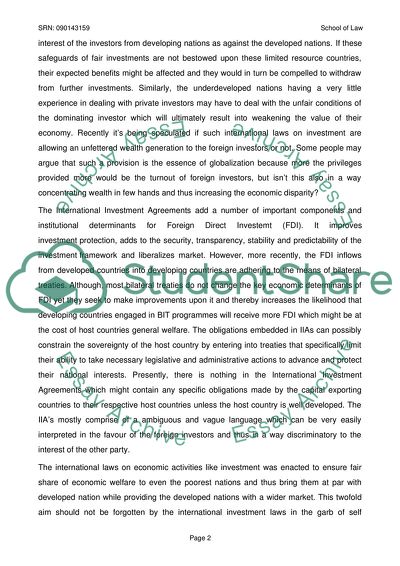Cite this document
(“International Monetary and Development Law Research Paper”, n.d.)
International Monetary and Development Law Research Paper. Retrieved from https://studentshare.org/law/1738053-international-monetary-and-development-law
International Monetary and Development Law Research Paper. Retrieved from https://studentshare.org/law/1738053-international-monetary-and-development-law
(International Monetary and Development Law Research Paper)
International Monetary and Development Law Research Paper. https://studentshare.org/law/1738053-international-monetary-and-development-law.
International Monetary and Development Law Research Paper. https://studentshare.org/law/1738053-international-monetary-and-development-law.
“International Monetary and Development Law Research Paper”, n.d. https://studentshare.org/law/1738053-international-monetary-and-development-law.


